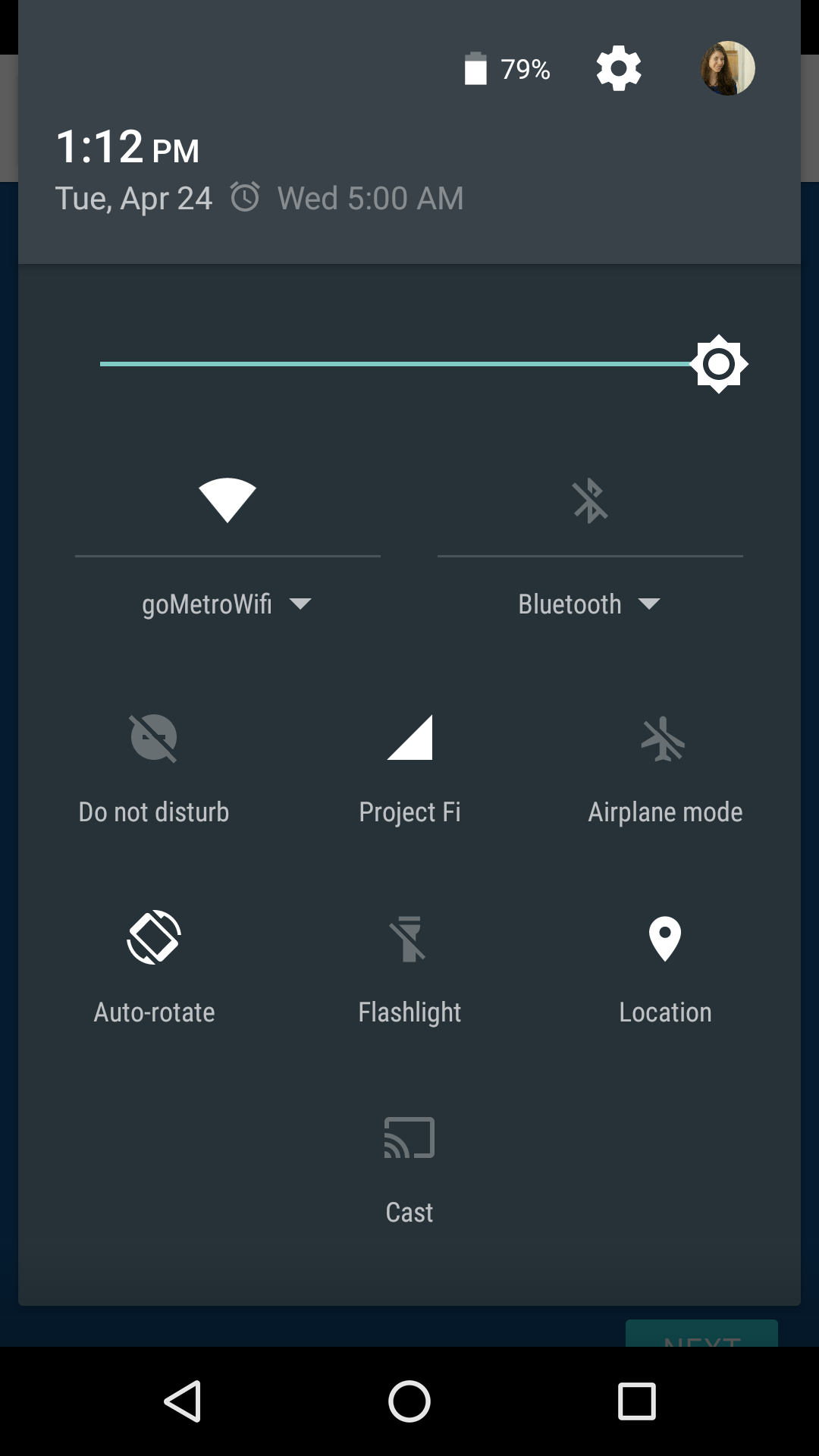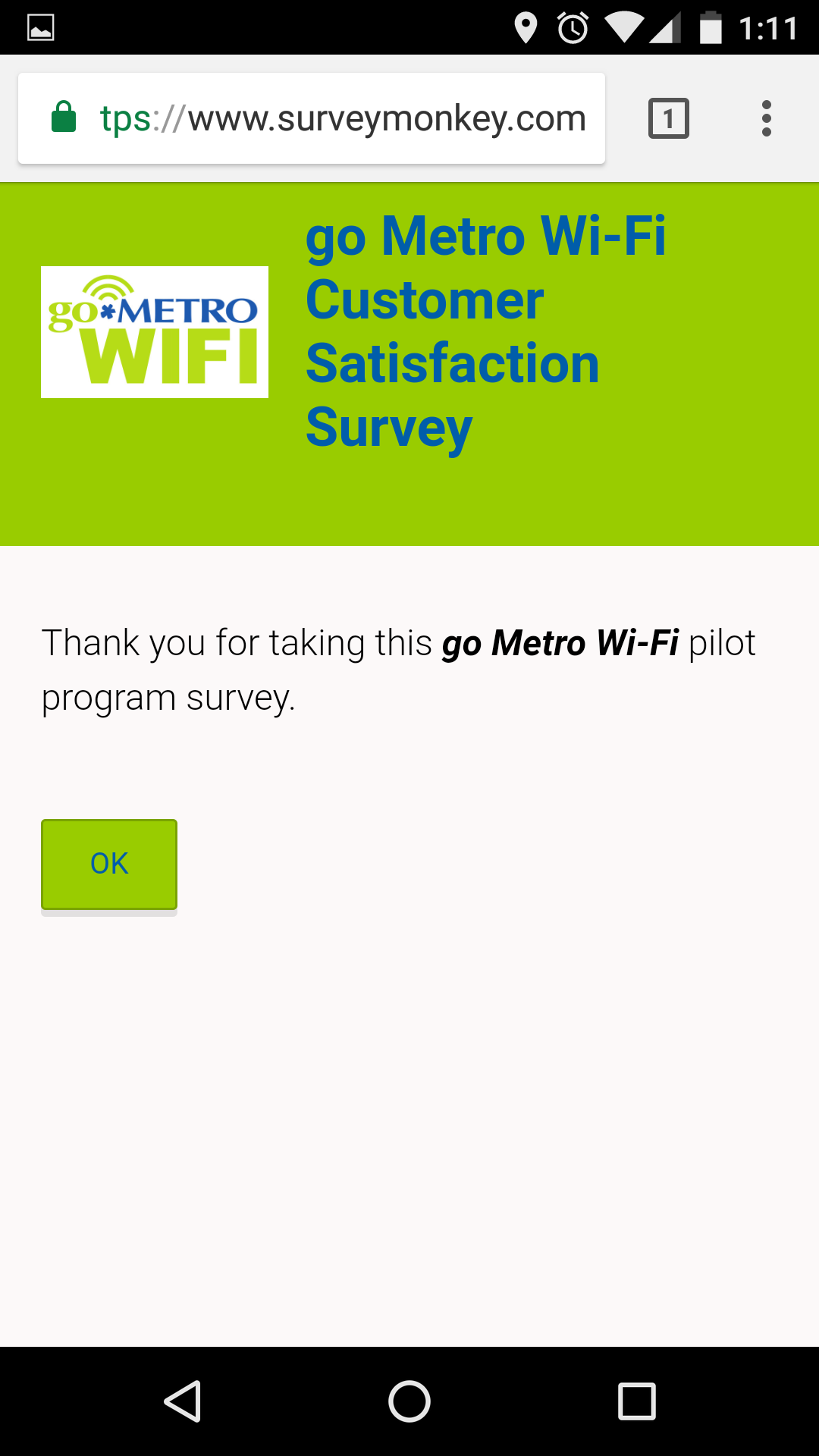By Andy Shenk
You've probably heard that Metro rolled out free wifi on 59 buses. Here's why I think it's a good idea.
I don't have unlimited data on my phone. Like many looking to save a few bucks each month, I pay as I go. My Project Fi data plan charges $1 per 100 mb, which is much cheaper than dishing out for unlimited data.
Typically, I use about 300 mb/month, so I'm only spending $3/month on data. I would guess there are a lot of people like me in Cincinnati.
Now imagine commuting on a bus for an hour and a half each day. It's more common than you think. Job centers in Florence, Sycamore Township and Colerain are hard to reach by bus, even if you are lucky enough to have frequent service. Once you add a transfer downtown, it's easily 45 minutes or more to work for thousands of people in the area.
If you're spending all that time on the bus, it's nice to have something to do. Maybe you want to catch up on work emails or do homework. For others, social media and browsing the web is the best way to tune out the long ride.
Thanks to the new initiative, roughly 15% of Metro's buses are equipped with wifi, but depending on how the fleet is deployed, a greater or smaller percentage may be on the road at any time.
To use the service, look for a bus with a "Go Metro Wifi" sticker by the front door (as seen above). Once you board, connecting is easy. I took a few screenshots from a ride earlier today on the 11.
Connect to the goMetroWifi network, take a short survey about the program and you are ready to start surfing the web.
The six-month pilot is partially funded through a federal grant and Metro hopes to go system-wide in the future.
Given how tight Metro's operating budget is right now, I would hope they can strike a deal with advertisers or local start-ups to fund an expanded program. Bus riders are a captive audience and likely to use the service heavily.
Obviously, wifi is nowhere near the top of the list of Metro's priorities. Frequency, bus lanes, redesigned routes and better bus stops are the biggest needs at the moment in Cincinnati. But it is low-hanging fruit and an easy way to compete with commuters stuck listening to the radio or podcasts.
In today's world, free public wifi has become an expectation, not a luxury. Public buses are no different.



